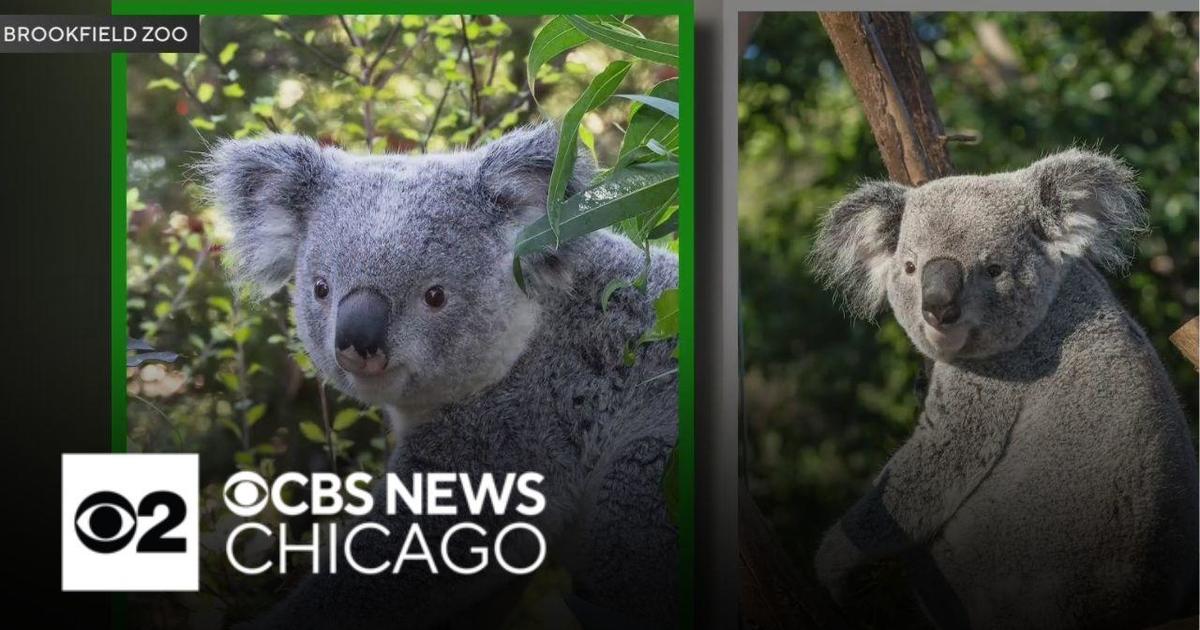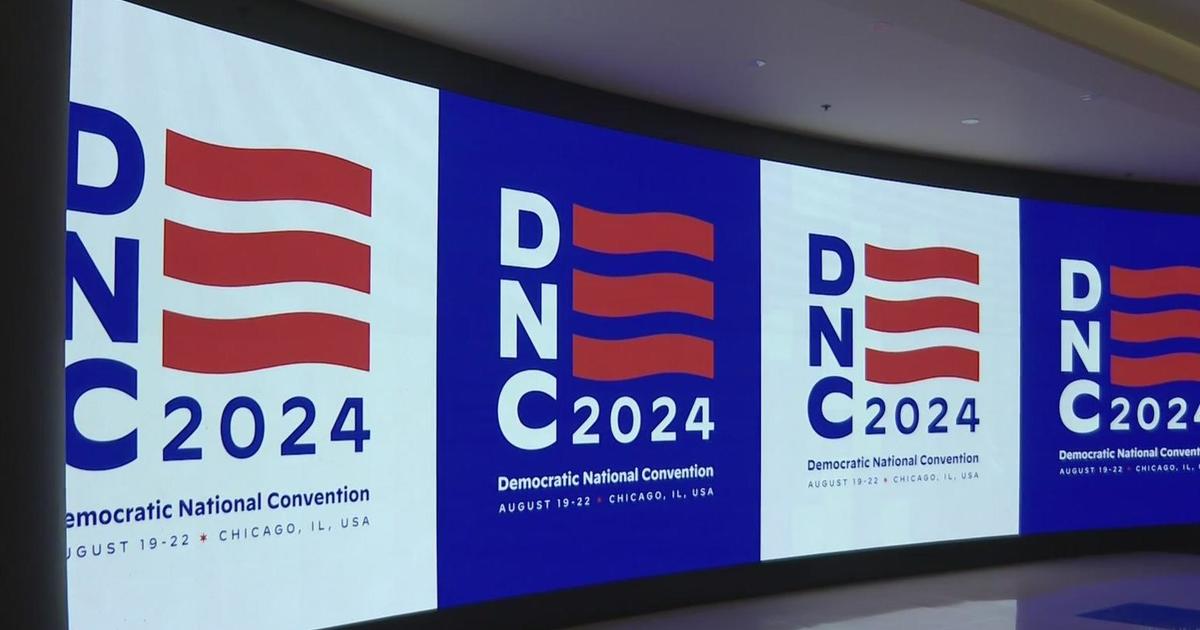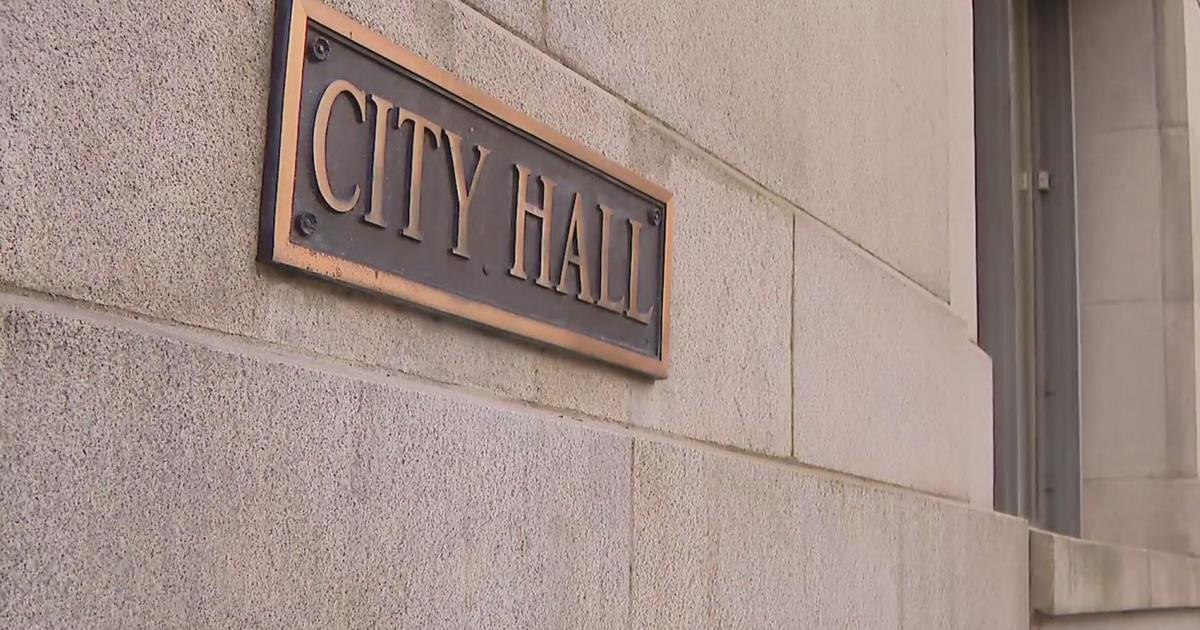Environmental Group: No More Invasive Species
WASHINGTON (CBS) -- An environmental coalition says the Asian carp is enough, and the U.S. does not need to add other non-native species to the country's ecology.
As WBBM Newsradio 780's John Cody reports, the coalition, including Environment Illinois and Great Lakes United, has been knocking on Washington doors urging tighter controls over species being imported, as Asian carp were, without first seeing if they are likely to become invasive, as Asian carp are now.
LISTEN: Newsradio 780's John Cody reports
Podcast
"Right now, you can import almost anything, and you don't have to evaluate it for invasiveness," said Dr. Phyllis Windle of the National Invasive Species Council. "In fact, you don't even have to evaluate this wildlife for the possibility to bring animal diseases into the country."
Windle says it takes so long to get species on the do-not-import list that the process is essentially useless, and is working with environmentalists on legislation to speed up the process.
The group says the U.S. does not need to add "anacondas, Australian crayfish or Nile perch" to the American ecosystem.
The advance of the invasion Asian carp has sparked a political battle.
The Asian carp have been migrating northward in the Mississippi River and its tributaries for decades after escaping from Southern fish farms and sewage lagoons. The threat of their entry into the Great Lakes has touched off a legal dispute over whether to close shipping locks on Chicago waterways that could serve as doorways to Lake Michigan for the unwanted fish.
Silver and bighead carp are voracious eaters of plankton -- tiny plants and animals at the base of the aquatic food chain. Biologists say if they become established in the Great Lakes, they could starve out competitors and threaten the $7 billion sport and commercial fishing industry.
Federal officials contend the electric barrier about 25 miles south of Lake Michigan is adequately thwarting the carp's advance.
Michigan and four other states have sued in federal court to close the locks, a move resisted by barge operators and businesses that rely on cargo shipping in the Chicago area. The U.S. Supreme Court and U.S. District Judge Robert Dow last year denied requests to close the locks immediately, but the lawsuit is going forward.
(TM and © Copyright 2011 CBS Radio Inc. and its relevant subsidiaries. CBS Radio and EYE Logo TM and Copyright 2010 CBS Broadcasting Inc. Used under license. All Rights Reserved. This material may not be published, broadcast, rewritten or redistributed. The Associated Press contributed to this report.)



